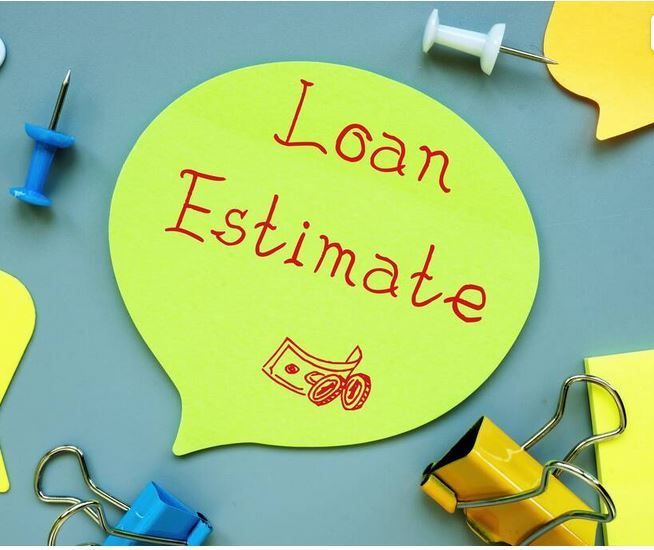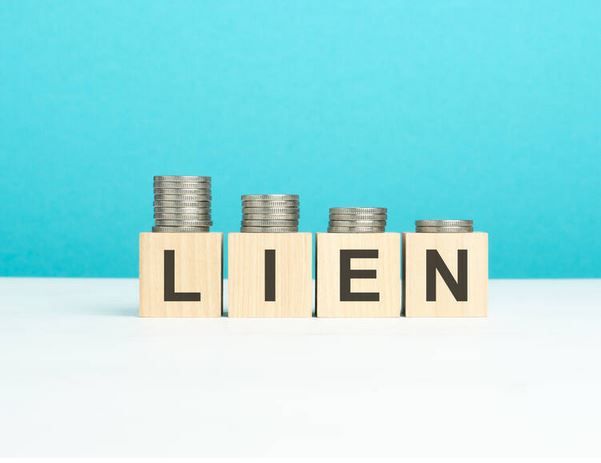Now might be the Right Time to Refinance Your Mortgage - Key Factors to Consider

For many homeowners, the question of refinancing a mortgage often arises when interest rates drop or personal financial situations change. Refinancing can offer substantial financial benefits, but it’s important to ensure that it makes sense for your unique situation. In this blog post, we’ll explore when it makes sense to refinance, how to calculate the payback period for the closing costs involved, and some key factors to consider before making this important decision.
What Is Mortgage Refinancing?
Mortgage refinancing involves replacing your current mortgage with a new one, ideally with better terms such as a lower interest rate and reduced monthly payments. The new mortgage pays off the old one, and your new lender takes over as the lienholder of your property. Depending on the circumstances, refinancing can save you money, provide a cash-out opportunity, or offer a more favorable loan structure.
Calculating the Payback Period
One of the most crucial aspects of deciding whether to refinance is understanding the payback period. The payback period is the length of time it will take for the savings from your lower monthly payments to cover the closing costs of refinancing. Here’s how to calculate it:
- Determine Your Closing Costs: First, obtain an estimate of your closing costs. Refinancing typically involves costs such as appraisal fees, loan origination fees, and title insurance, among others.
- Calculate Your Monthly Savings: Find out how much your new monthly payment will be, compared to your current mortgage payment. The difference is your monthly savings.
- Compute the Payback Period: To determine your payback period, simply divide the closing costs by your monthly savings.
For example, if your closing costs are $3,000 and your new monthly savings are $150, the payback period would be 20 months. This means it will take 20 months to recover the costs of refinancing. After this period, you’ll start seeing net savings.
When Does It Make Sense to Refinance?
It generally makes sense to refinance if you plan to stay in your home longer than the payback period. In the example above, if you plan to live in your home for at least 20 months (preferably longer), refinancing may be a smart financial move. However, if you plan to sell your home before reaching the payback point, refinancing might not provide enough benefit to justify the cost.
Low or No Closing Cost Programs
Some lenders offer no or low closing cost refinancing options. These programs may either roll the costs into the loan balance or absorb the fees in exchange for a slightly higher interest rate. These programs can make the decision to refinance easier, as they minimize the initial investment required.
Considering Private Mortgage Insurance (PMI)
Another benefit of refinancing is the potential elimination or reduction of Private Mortgage Insurance (PMI). If you purchased your home with less than 20% down, you may currently be paying PMI. As your home value increases and your loan balance decreases, you may have enough equity (20% or more) to eliminate PMI when refinancing. Removing PMI could lead to significant additional savings on your monthly mortgage payments, further enhancing the benefits of refinancing.
Key Factors to Consider Before Refinancing
- Interest Rate: A lower interest rate can result in significant savings. Typically, refinancing makes the most sense if you can lower your rate by at least 0.5% to 1%.
- Loan Term: You can choose to shorten or extend your loan term when refinancing. Shortening your term can save you on interest costs over the life of the loan, but may increase your monthly payment. Extending your term may lower your payment, but could increase your long-term interest costs.
- Break-Even Point: Ensure that your break-even point (the time it takes to recoup closing costs) aligns with your plans for staying in the home.
- Personal Goals: Consider whether refinancing fits into your broader financial goals. Whether you're looking to save on monthly payments, pay off your home faster, or access equity for other purposes, refinancing should align with your long-term financial plan.
Conclusion
Refinancing can be a powerful tool for homeowners seeking to lower their monthly mortgage payments, reduce their loan term, or eliminate PMI. The key to making a smart refinancing decision is understanding the costs involved and calculating how long it will take to break even on those costs. By calculating the payback period and considering factors like PMI elimination and low/no closing cost options, you can determine if refinancing is right for you.
Before making any decisions, it's always a good idea to discuss your options with a mortgage professional and consider the details specific to your situation. With the right strategy, refinancing could lead to meaningful savings and greater financial flexibility.










